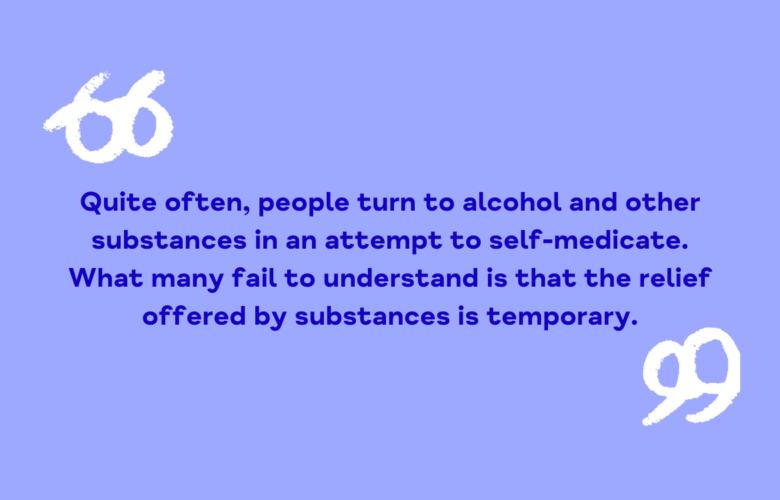Role of Self-Care in Addiction Recovery
The process of addiction recovery is long and riddled with many challenges. Self-care can make it easier to overcome those challenges and go through the recovery process. Read on to find out how self-care assists addiction recovery.
Improving mental health:
As mentioned above, mental health, addiction, and self-care are all interlinked. Self-care enhances self-esteem, which is beneficial for the recovery process. Stress can be a relapse trigger, and taking care of yourself regularly can help keep stress levels down.
Regaining physical health:
Substance misuse has several negative consequences on physical health. Sleep issues, weakening of the immune system, and high blood pressure are just a few of the consequences of long-term consumption of alcohol. Self-care can help overcome these issues and others like this. It can help undo most or some of the damage wreaked on the body by substances. Regaining physical health will facilitate recovery.
A coping mechanism and a tool for relapse prevention:
Self-care serves as a protective barrier against uncertainty, stress, and unforeseen challenges. People often take the help of substances to numb painful and difficult emotions. Self-care strategies provide ways of dealing with these emotions in sobriety. It helps combat many of the relapse triggers like boredom, exhaustion, depression, and stress.
Routine and structure:
Self-care requires commitment and a structured routine. Cultivation of self-care habits can occupy the mind, distract from cravings, and help establish a good routine. Self-care provides a sense of purpose as well as a sense of accomplishment. Recovery becomes easier with routine and structure in life.
Long-term well-being:
Self-care will lead to long-term well-being; self-care habits and improved well-being will go beyond the recovery process. Enhanced long-term well-being is the goal of the addiction recovery process, and self-care helps achieve that.








